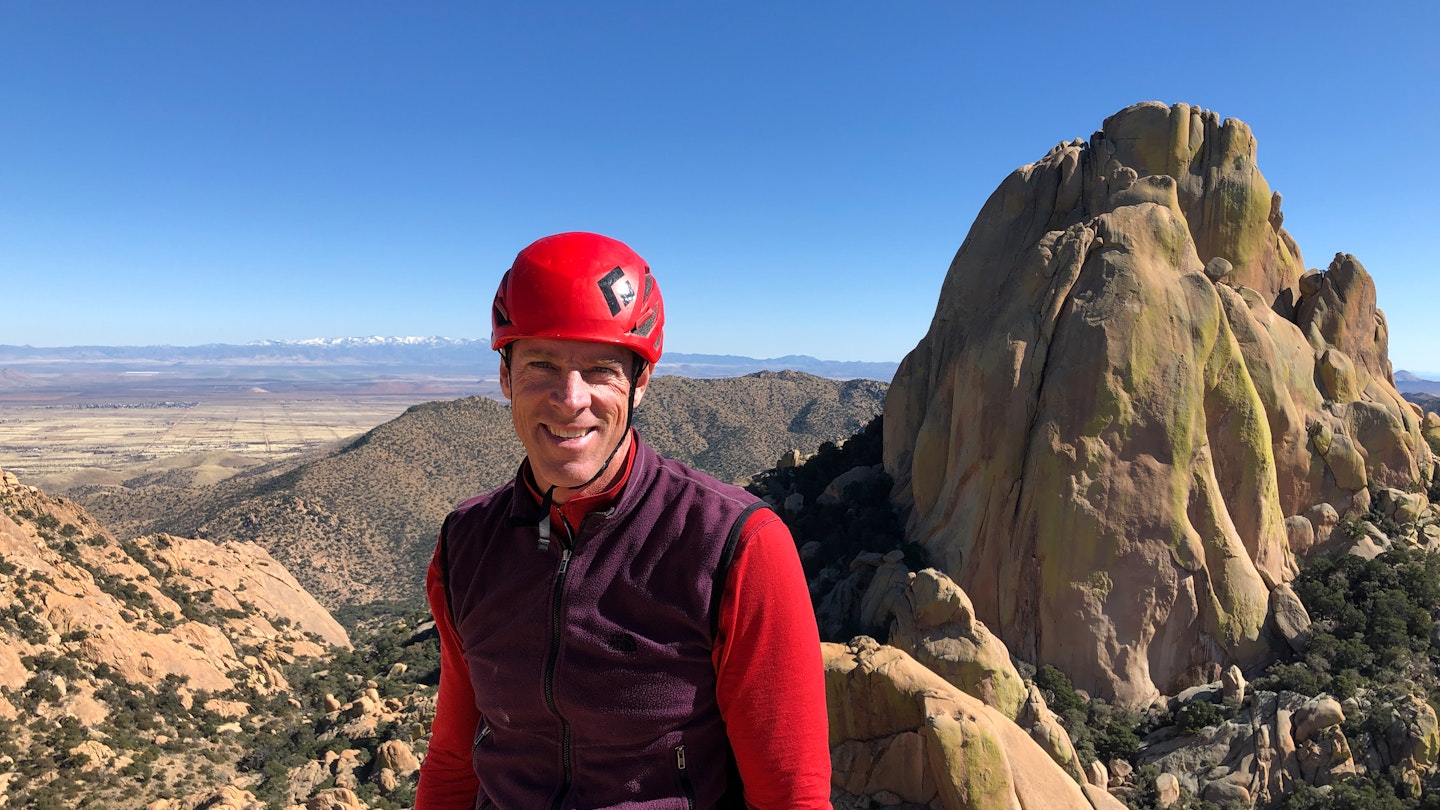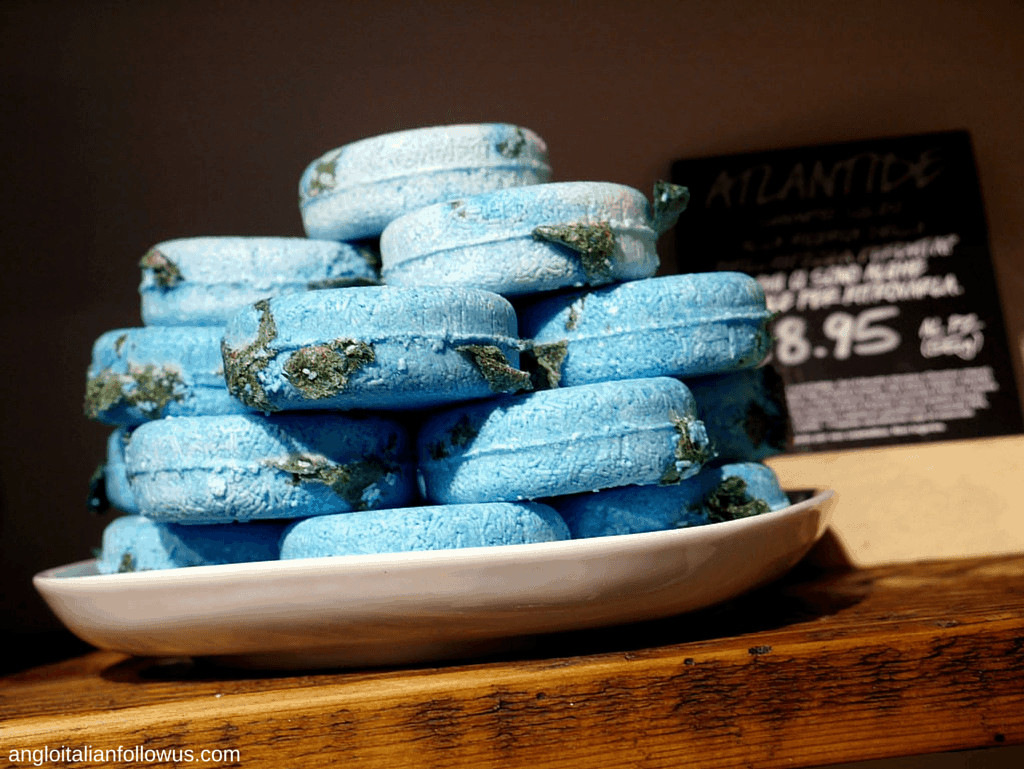iBestTravel
- Travel Stories
Share
May 7, 2020 • 7 min read

Andrew Peacock is an ER doctor in Brisbane, Australia, who spends part of each year traveling as an expedition doctor, photographer, and leader.
We caught up with him to find out what it’s like to be an expedition doctor, what he’s learned, and how the pandemic has affected his travels.
How did you become an expedition doctor?
Initially, I didn’t even own a backpack until I took up climbing at the age of 26. While growing up, my interests lay in photography and travel but not in adventure sports. However, after becoming a practicing doctor, I began exploring rock climbing and mountaineering. Consequently, I sought ways to merge my medical skills with my adventurous pursuits, which led me to volunteer in the mountains of Nepal and India.

Preparing as an Expedition Doctor
This role is primarily learned through outdoor experiences, developing skills, and gaining practical experience, rather than formal coursework in expedition medicine. A solid foundation in general medical knowledge is essential for effective problem-solving.
My First Expedition Experience
On my first significant trip, as one of two climbing doctors on an Australian expedition up 8013m (26,289ft) Shishapangma in Tibet, I treated a police officer from Darwin for a painful thrombosed hemorrhoid. It was a rather awkward procedure that left him vowing never to climb with a doctor whose hands were as large as mine!
Daily Responsibilities as an Expedition Doctor
My role largely revolves around preparation and prevention rather than treatment. I constantly monitor for signs of health issues, ensuring individuals adhere to necessary practices to maintain their well-being, and intervene before serious problems arise.
Managing Illness on Expeditions
For instance, during my time on Kilimanjaro, I encountered a woman who developed high-altitude pulmonary edema late in the day. While diagnosing the condition was straightforward, the real challenge was managing resources and determining the best route and timing for her descent.

Mental Health Considerations
Managing anxiety is a key aspect of my role. It is vital to discern between genuine health concerns and psychological symptoms, particularly at high altitudes. For instance, during an Everest Base Camp trek, I encountered instances where chest pains stemmed from anxiety rather than actual medical issues.
Advice for First-Time Trekkers
Preparation is critical. Ensure you train your body for the physical exertion you’ll face, and do not underestimate environmental protections—from cold to sun exposure and more.
Interactions with Local Communities
My initial experiences in mountain work were profoundly impacted by the local people I encountered. From treating a horse injured in a confrontation with a yak in Nepal to amputating a finger of a Tibetan carpenter at a monastery in India, the interactions were both challenging and rewarding.
Most Beautiful Places I’ve Woken Up
Waking up in a tent on the Antarctic Peninsula was an exquisite experience. Another unforgettable morning was waking up on a rock ledge during a major climbing route in the Bugaboo Mountains of Canada.

Discovering Remote Destinations
True remoteness is relative. I remember hiking into Tilicho Lake in the Annapurna range in 1996, which felt extremely isolated at the time. Nowadays, areas in northern India and Ladakh remain less traveled, while my journey in the Ross Sea area of Antarctica was uniquely special.
Future Expeditions
My background involves primarily cold environments. However, I’m keen to explore remote jungle settings—particularly in regions such as the Amazon.
Balancing Roles as a Doctor and Photographer
I maintain a balanced schedule, traveling extensively while working casually in an ER in Australia. I often share these adventures with my wife, which enriches the experience.

Travel for Pleasure
When it comes to relaxation, I tend to seek out places with excellent rock climbing and delicious food. Sardinia and the Dolomites are among my top choices, along with an enjoyable winter trip to Arizona, known for its fantastic climbing opportunities.
Lessons in Human Nature
Every journey as an expedition doctor offers invaluable insights into human nature and behavior, no matter how long one has been involved in the field.
Coping During Lockdown
I’m grateful to live on the Sunshine Coast in Queensland, where I’ve been able to utilize open beaches and public spaces for exercise. Ocean swimming and surf-ski paddling have become part of my daily routine.
My work in the Emergency Department remains steady, as Australia has managed to keep COVID-19 cases low, allowing for a more manageable situation in the health sector.

Preparation for Lockdown Challenges
Having been part of a small Antarctic Expedition beset by ice for over two weeks, I experienced the realities of confined living with anxious individuals. Establishing a daily routine and engaging in distracting activities became crucial for morale.
Such experiences highlight the importance of being self-reliant and learning to accept situations beyond our control, facilitating personal growth through reflection.
Post-Pandemic Travel Outlook
Unfortunately, many trips have been canceled this year, including leading a trek to Everest Base Camp, one of my favorite places. While I remain hopeful for the Antarctic travel season to resume, the future of overseas travel remains uncertain as we navigate the post-COVID landscape.
You can find out more about Andrew at his website and on Instagram @footloosefotography.




